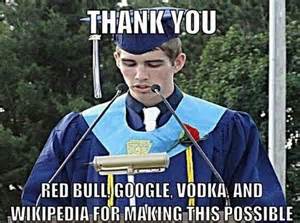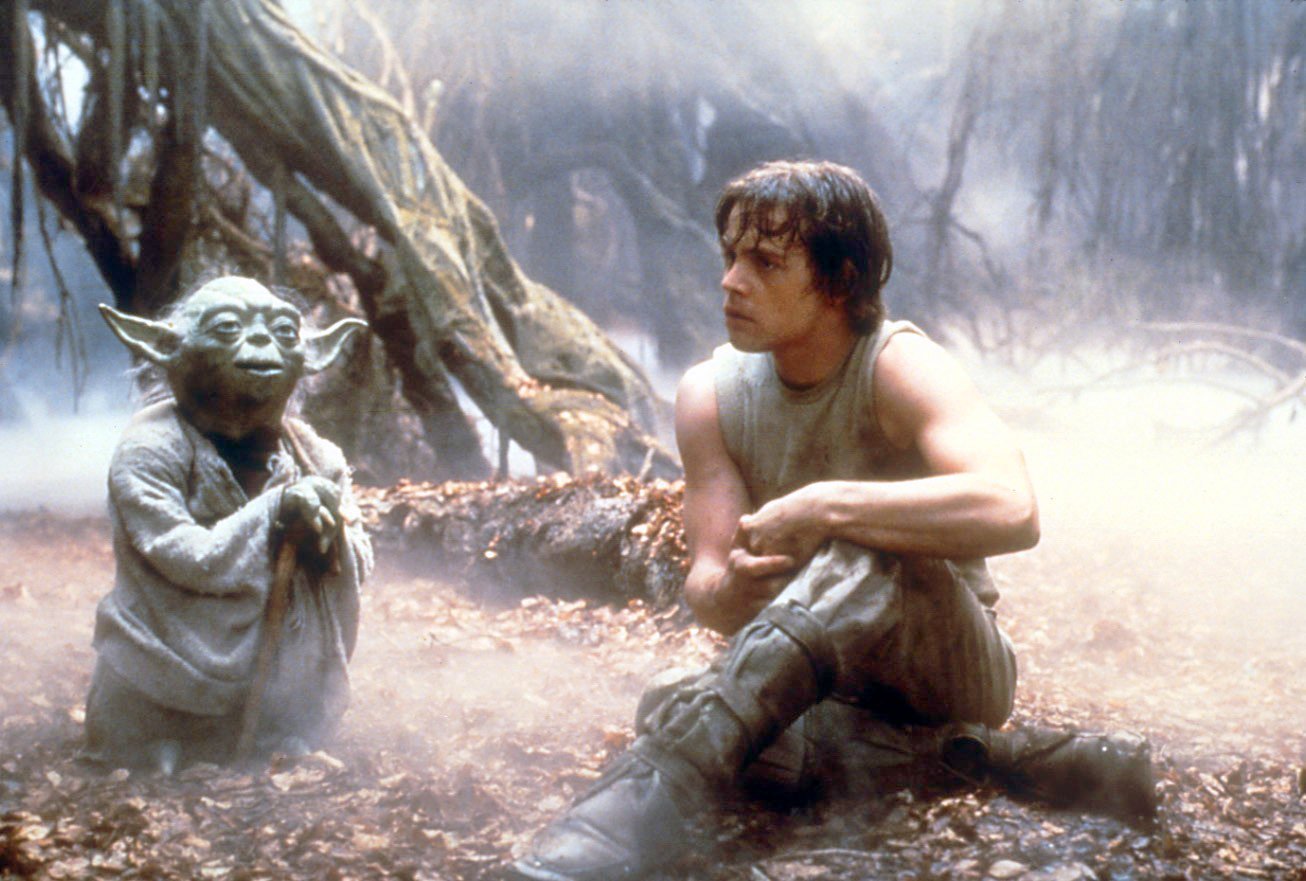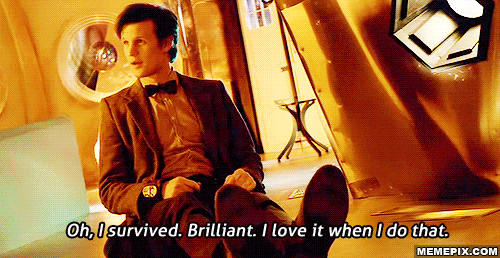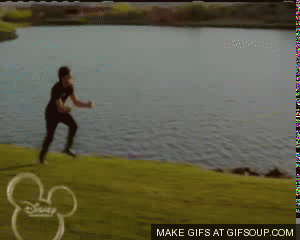
“Feed the Elephant, Don’t Weigh It”
Fall 2013 Early British Literature. A book in my hand that we later learned to call “The Brick” and a small room filled with less than twenty students. Almost all of them Berkeley bound kids with stiff backs and the latest vegan craze stinking up the classroom. Well it wasn’t their food that stank that the classroom, it was their attitudes.
You read what over the summer?
I just finished reading Jane Eyre and all of Jane Austen’s novels.
Oh, interesting but I don’t think that’s sophisticated enough for me.
I can’t text like that. I have to write grammatically correct or I’ll go insane. Texting is really messing with writing and makes everyone sound stupid.
Tablets and computers will never be equivalent to a book when it comes to learning.
will never be equivalent to a book when it comes to learning.
I’m so embarrassed that I’m apart of this generation.
So how do you survive two years of literacy bullying? You pretend to be like them so they don’t leave you out of discussions or judge you about the things you prefer to read. Professors stood behind the students and secretly judged those who pulled out a laptop or started to fall asleep during their two hour monotone lecture. So in the next two years it was slowly instilled into me that literacy came only in the form of a twentieth century or earlier novel. Literacy only came from reading and writing tiny print on a white piece of paper.
Fall 2015 Introduction to Literacy Studies. Thank you Kim Jaxon for teaching me that for once they weren’t completely right.
In a weird backwards world the nerd girls had become the “social queens” and I had become the outcast “tough cookie.” My parents taught me to read whatever I had wanted as long as I read. So for the longest time I grew up thinking that reading was reading. Everything and anything was good enough (except for Twilight because let’s be honest). Of course I couldn’t see that my idea of literacy and their idea of literacy had been molded by our sponsors. Deborah Brandt and Margaret Finders really made it clear to me. So while both my parents, who wouldn’t call themselves readers, encouraged my literacy by letting me read anything from Vogue, National Geographic, Harry Potter, and Goosebumps; their well educated parents pushed a different genre of literacy on them.
I look at my grandmother, myself, my sister, and my cousin. One writes letters with carefully written cursive, one texts, one blogs, and one tweets.
My point? My point is that we are all different, we all communicate differently. The way we communicate is greatly influenced by the world around us. Time has become a sponsor of our literacy without us even knowing it has. When something important needs to be said my grandmother will write long letters taking almost two pages to express how upset she feels about a situation. My 16 year old sister will write a two paragraph blog with relevant gifs on Tumblr about how annoyed she is with her school’s dress code. My 11 year old cousin will tweet out in less than 140 characters and tags about how excited she is to be going on a field trip to the Exploratorium. And I’ll simply text the only three people I actually care to talk with emoticons and abbreviated words. My grandmother didn’t have a cell phone or social media to express her concerns. She had some stationary and a pen. I grew up when cellphones were just becoming apart of everyone’s life. My sister and cousin grew up with social media being an influence on everyone’s life.
The time we grow in up not only influences the way we communicate but also sponsors our literacy. We might all have the same concerns but we are going to communicate them differently. One’s not better than the other and one form should not be valued over the other.
So if I decide that I want to become a teacher, I want students to understand that what you read, how you communicate, how you learn and understand can never be limited to one way. No one has made me see how important this until I arrived to Room 442 where certain interesting and exceptional beings blew my mind away.





 Website:
Website: